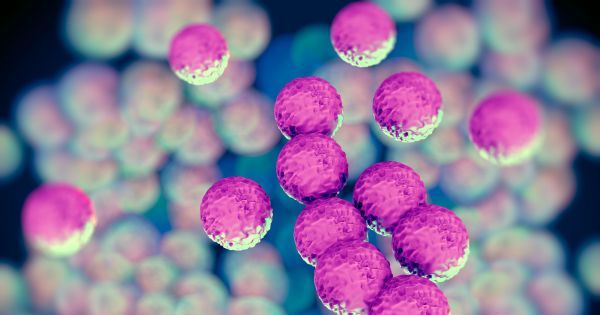In Brief:
Researchers found that an Antarctic sea sponge produces a compound that can effectively kill 98.4% of MRSA cells. The compound has been patented and is now undergoing lab synthesis in order to develop a treatment for the life-threatening infection.
Research published in Organic Letters shows a compound that can successfully kill Methicillin-resistant Staphylococcus aureus (MRSA) has been found, a mutated strain of Staphylococcus aureis that has developed resistance to most available antibiotics used in treatment of common staph infections.
Read more
